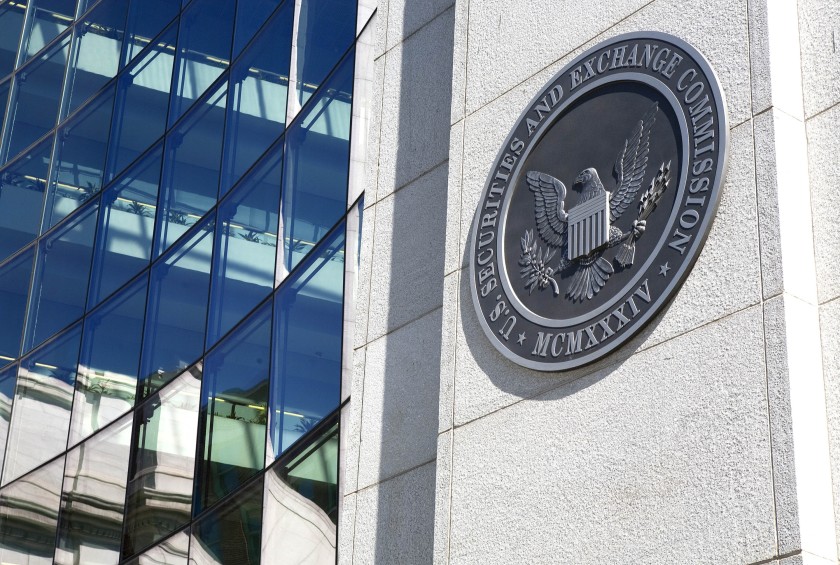With the dust settling from the elections and a new administration incoming, the independent financial services industry is prepared to see some changes in the regulatory and policy environment.
At the same time, there are areas where existing regulations are working to protect investors and to deliver clarity for our industry and it will be important for the incoming Biden administration to understand that these areas of common cause should be preserved and can serve as the basis for effective policymaking going forward.

Bloomberg News
One primary example is the SEC’s Regulation Best Interest, which went into effect in June and requires advisors to act in their clients’ best interest. Put simply, the new rule has succeeded where other attempts have not, establishing a workable common standard of care for our industry while delivering enhanced investor protections and transparency.
One measure of Reg BI’s effectiveness is how firms and advisors have embraced the new regulation, successfully adapting their compliance practices to the rule while also adjusting operations in light of the pandemic. At a roundtable in October, SEC Chairman Jay Clayton acknowledged our industry’s compliance efforts, saying that firms “generally are, indeed, meeting their obligations.”
In the crucial area of providing “plain English” disclosure through the new Form CRS, Chairman Clayton said, “The staff’s review so far has generally found that firms have made good efforts to meet the content and format requirements of Form CRS, and staff have seen good examples of simple, clear disclosures.”
The Reg BI success story did not happen in a vacuum. The SEC did a commendable job of listening to feedback from our industry, investors and other stakeholders during its rulemaking process and ensuring that the input was incorporated. The result has been a rule that is driving positive progress for firms, advisors and Main Street American investors alike.
Harmonizing with states
Reg BI provides a heightened standard of care that is applicable to all advisors, making state-level fiduciary standards unnecessary. However, should states choose to pursue their own requirements, their rules should harmonize with Reg BI. The recent proposal from the Department of Labor to update its regulatory framework regarding financial advice for retirement plan investors demonstrates how this can be accomplished.

The Labor Department’s proposal provides clarity on the question of when an advisor becomes a fiduciary in providing retirement advice to clients. Crucially, it aligns the Department’s rules with other existing regulatory standards, including Reg BI.
While some have called for the Labor Department to revive some version of its Obama-era fiduciary rule, the department’s current proposal provides a much more workable framework by carefully aligning its approach with a rule – Reg BI – that is already delivering positive results for investors and members of our industry.
The Obama-era rule, by contrast, was an onerous and unreasonable measure with significant unintended consequences, and it was rightly vacated by the Fifth Circuit Court of Appeals in 2018 as the result of a lawsuit we filed along with other industry associations. Returning to that approach would be a step in exactly the wrong direction, and would prevent advisors and firms from moving forward to help investors.
During this time of ongoing uncertainty and rebuilding from the pandemic-driven economic downturn, access to professional financial advice is more crucial than ever. We will continue to work with regulators and political leaders of both parties to educate them on the positive progress Reg BI has made in ensuring clients’ interests are put first while also preserving investors’ choice and access to financial advice, products and services.
Reg BI exemplifies how regulators’ understanding of unintended consequences and willingness to collaborate with all stakeholders leads to effective and viable policies.
Leave a Reply